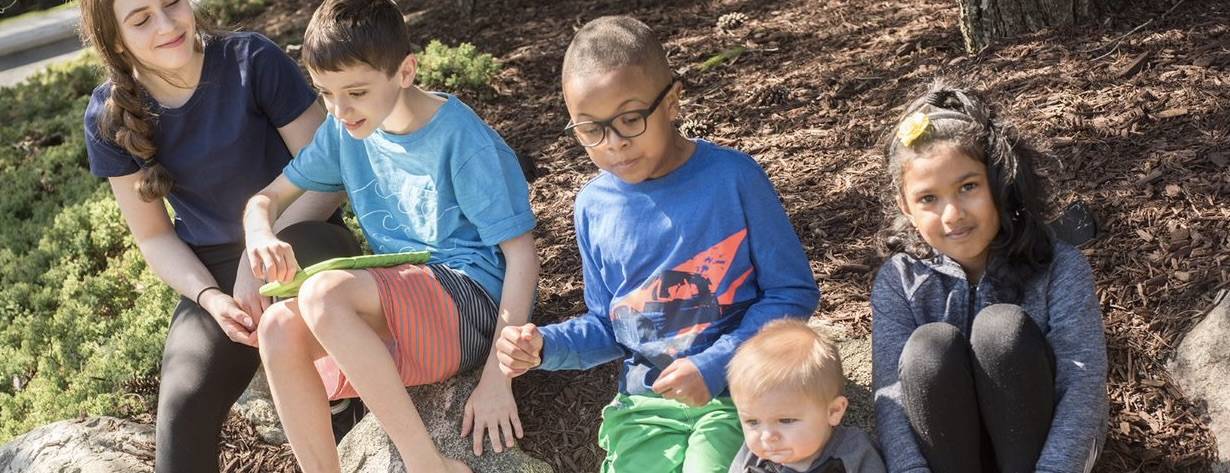Helping Children GROW

In 2019, LifeLab Kids began with the mission to empower children of all abilities to lead their fullest life. Through its process of continuous review and improvement, LifeLab Kids found there were still barriers and gaps to services that prevented this mission from becoming a reality. To address these deficits, in 2020 LifeLab Kids created the Growth Requires Overall Wellness (GROW) Initiative.
GROW was born out of the knowledge that the four pillars of overall wellness are the same for children with developmental disabilities as it is for their typical peers: Mental Health, Social Connection, Physical Health, and Financial Health. However, the roadmap to success in these areas is different. Through its experience in providing therapeutic treatment and after receiving input from its families, LifeLab has identified challenges in each wellness pillar and created new programming to address these challenges.
Mental Health
Social Connection
Physical Health
- Creation of a Recreational Therapy Program to create opportunities for children with disabilities to experience the joy of positive physical activity experiences and the camaraderie that comes through group recreational play. (Program launched in January 2023)
- Construction of a Sensory Garden and Therapeutic Playpark at the Ferndale location to provide a safe, adaptable play space for children to experience positive physical activity experiences. (Program Launch in June 2023)
- Renovation of kitchen and flex space at Ferndale location to expand Feeding Therapy Program and Nutritional Education and Training opportunities for families. (Expected Completion Date: September 2023)
- Renovation of Kitchen and creation of exercise lab space at the Clinton Township location to expand feeding and create positive inside play space for children (Expected Completion Date: December 2023)
Financial Health
- Open a third location, which will be dedicated to pre-vocational programming. (Expected Completion Date: Fall 2024)
- Launch a pilot program. During the initial program launch, LifeLab Kids will focus on five areas: technology, culinary, financial literacy, daily workplace skills, and workplace social connecting skills. LifeLab Kids will work to identify and collaborate with partners who will help identify or create career pathways for children in the program. (Expected Program Launch: Fall 2024)
LifeLab Kids remains committed to identifying and creating programming that addresses barriers that prevent children with developmental disabilities from obtaining overall wellness
